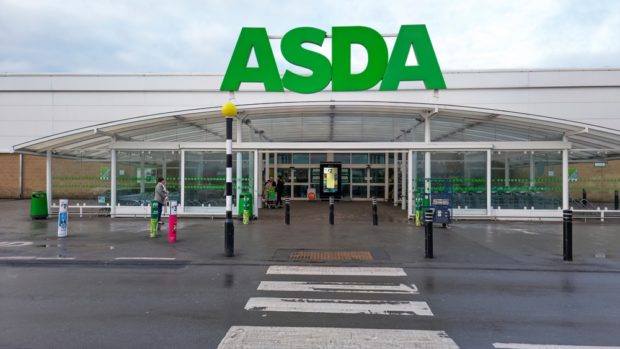Plastics in the sea, straws, billions of un-recyclable coffee cups. 2018 has been the year of environmental sustainability…or at least that’s how it seems. As soon as environmentalism landed on the news agenda, brands started jumping on, going to greater and greater lengths to tell consumers about their green credentials. Of course, as with all grand claims, a healthy dose of scepticism is required. There are some fantastic businesses out there doing brilliant things for the environment, but for every genuine act altruism, there’s a claim that doesn’t quite match up to the reality.
The perils of “Greenwashing”
Greenwashing is when a business makes unsubstantiated or misleading environmental claims. In a world where consumers are growing more discerning about the environment, greenwashing is a way of connecting with consumers on a more emotional level.
It’s not a new idea but I think we could argue that we’ve now entered the golden age of greenwashing. The question to ask is: does Greenwashing fundamentally help or harm my business? There may be no real answer to this question, but in my view, Greenwashing might win short term gains, but it quickly erodes long-term trust. And a business whose stakeholders don’t trust it is not long for this world.
Greenwashing pitfalls: how to identify and avoid
Greenwashing manifests in a number of ways, and to be clear, it often happens unintentionally with the best of intentions but without proper forethought or strategy. Thus the fight against greenwashing requires constant vigilance.
If you want to avoid falling into the greenwashing trap, here are some key things to look out for:
- It’s opportunistic and doesn’t go far enough. With environmentalism riding high in the media, it may be tempting to make a bold claims to capitalise on this interest. All well and good, but it’s very worthwhile thinking through whether this is going to offer a genuine benefit to the wider world, or just a reputational boost. I would argue that, unless it’s something you’re already exploring, it’s hard to be sure you’re making the right call if you rush into it.
- It doesn’t see the big picture. In all things brands should be responsible for thinking through the long-term implications of their decisions. That means more than just asking “Could we do it?” but more importantly “Should we do it?”.
- It makes long-term promises. Making commitments about future operations is often sensible – after all, real change definitely takes planning and time. But sometimes if the commitment is too far in the future, it can just be a way of making short term reputational gains.
- It’s about accomplishing low hanging fruit. Lots of businesses – and particularly large businesses –are quick to announce when they’ve met or exceeded sustainability targets. Which is all well and good, but we should ask of these announcements “Did they make it easy on themselves or did they really try to change the status quo?”
- The motivation is more selfish than altruistic. Even if the initiative will have some benefits, if your primary motivation is selfish, you’re in danger of being in greenwashing territory. Corporate Social Responsibility (CSR) is often more about charitable initiatives i.e. a business deciding to give back. A better approach is Creating Shared Value (CSV) which is about finding ways to grow businesses via a long-term commitment to sustainability. CSV is rapidly being adopted as the more sustainable model – and the model that leads to financial success.
Avoiding greenwashing – an example from English Tea Shop
Recently there has been a big move towards compostable tea bags, often produced using genetically modified corn. So while this move does solve the plastics issue, in our view, it actually creates other, potentially more serious issues. This is for a number of reasons, including the long-term agricultural and environmental impact intensive GMO farming has on land, and the fact these materials may not be as compostable as they seem in all circumstances.
Our decision was therefore, to choose a GM free alternative that isn’t bio-degradable, but is recyclable, making it a better option in the short term. In the long term we are working closely with pyramid material suppliers to develop a Non–GMO sourced biodegradable mesh and we are confident that this material will come to the market latest in 2019.
Green light
As I said earlier, avoiding greenwashing is a constant battle and one that does take soul searching. Like all businesses, we are far from perfect ourselves, but our strategy very much is to grow through true sustainability. On that note: I don’t expect you to take everything I’ve said at face value, so if you want to find out more, I’d very much like to open a dialogue with you.
by Suranga Herath, CEO, English Tea Shop








Share